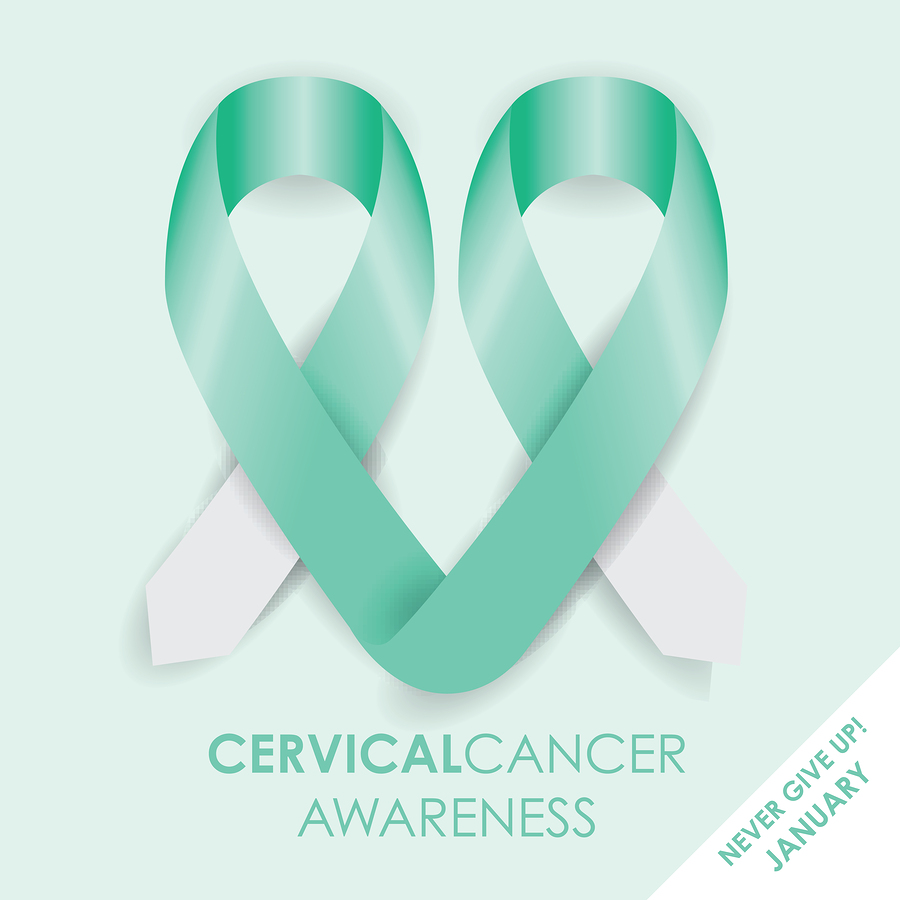 January is Cervical Cancer Awareness Month, so we here at Aspire Hospital would like to provide some information about what cervical cancer is, what its common causes are, what symptoms to look for, and how to prevent and treat it.
January is Cervical Cancer Awareness Month, so we here at Aspire Hospital would like to provide some information about what cervical cancer is, what its common causes are, what symptoms to look for, and how to prevent and treat it.
What is cervical cancer?
Cervical cancer is when cells with damaged DNA begin to grow and reproduce abnormally in the area of the cervix, which is located between the uterus and the vagina in women. It most often starts in what is called the transformation zone, which is where the type of cells shift from glandular cells (in the part closest to the uterus) to squamous cells (in the part closest to the vagina), according to the American Cancer Society.
What causes cervical cancer?
The main factors associated with cervical cancer are:
- Infection with human papilloma virus (HPV)
- Smoking
- Suppressed immune system
- Chlamydia infection
- Poor diet
- Obesity
- Long-term use of oral contraceptives (“the pill”)
- Having 3 or more full-term pregnancies
- Family history
What are the symptoms to look for?
- Abnormal bleeding
- Abnormal discharge
- Pain during intercourse
Can it be prevented?
The best way to prevent cervical cancer is to have regular Pap tests (Pap smear) and to avoid and be regularly tested for HPV (which is an extremely common infection), according to the American Cancer Society. HPV vaccines are also available, and can reduce your risks of developing cervical cancers or pre-cancers. Not smoking will also reduce risk.
How is it treated?
It can be treated by surgery alone, surgery in conjunction with radiation, radiation alone, radiation along with chemotherapy, chemotherapy alone, or targeted chemotherapy.
If you have any other questions about cervical cancer and what we can do to help, please contact the Radiation Oncology Department here at Aspire Hospital.
